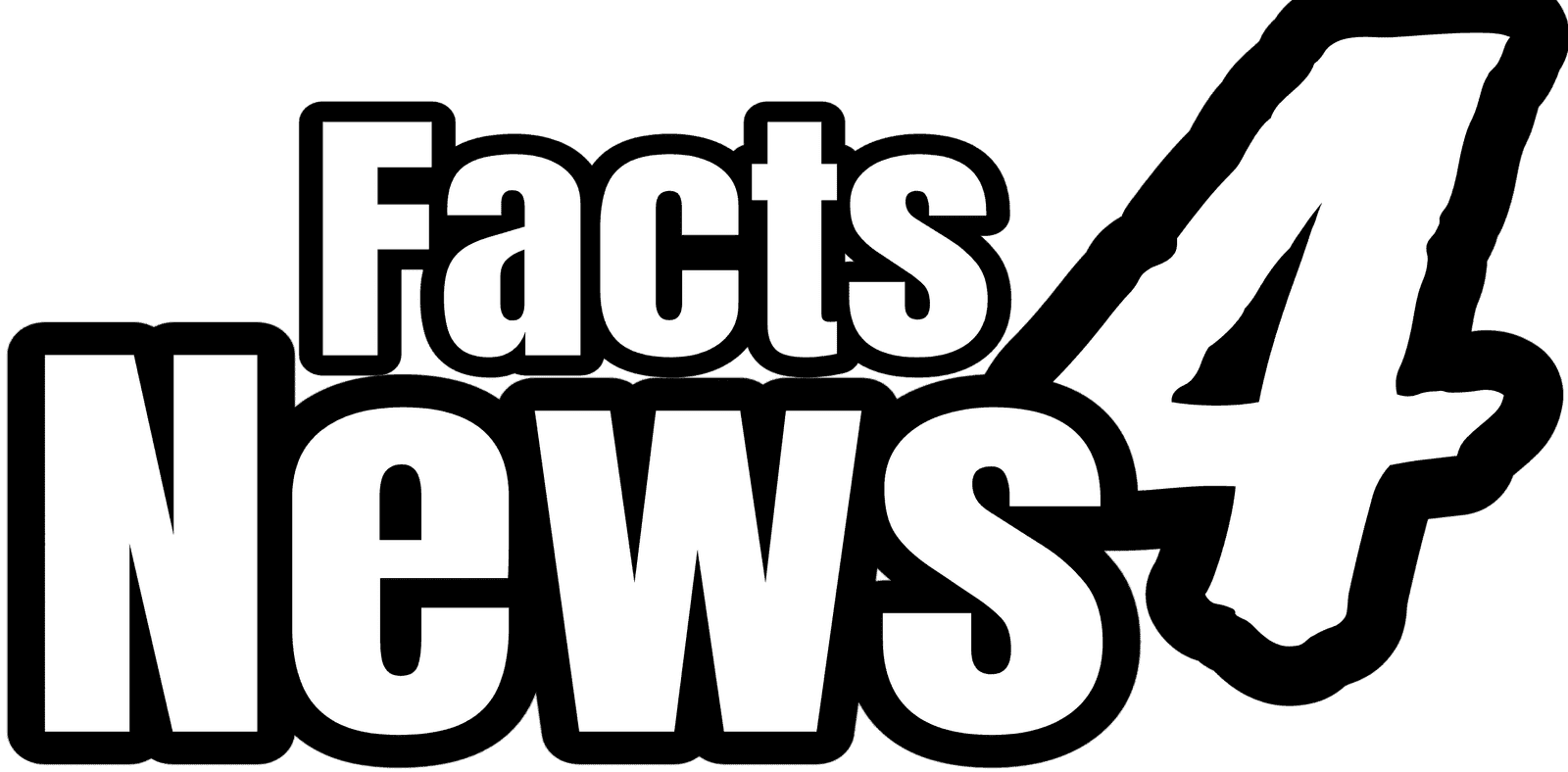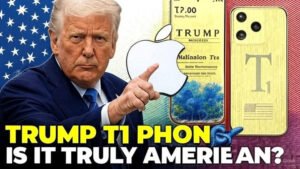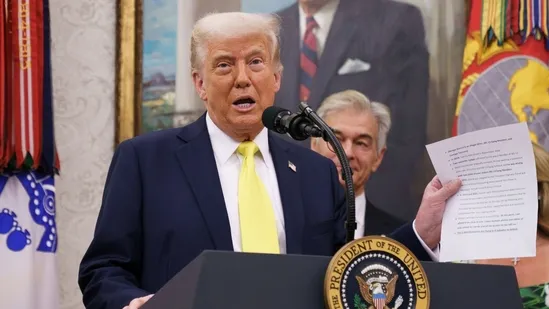On Easter Sunday, US President Donald Trump delivered a sharp rebuke to America’s global trade partners, releasing an eight-point list of alleged “non-tariff cheating” practices. Trump’s message, posted on social media, warned that these tactics could damage relations with the United States and signaled a renewed focus on trade fairness as the US navigates ongoing economic and diplomatic challenges.
The 8-Point Non-Tariff Cheating List
Trump’s list identifies the following practices as “non-tariff cheating”:
- Currency manipulation
- Value-Added Taxes (VATs) that act as tariffs and export subsidies
- Dumping goods below cost
- Export subsidies and other government subsidies
- Protective agricultural standards (such as the EU’s ban on genetically engineered corn)
- Protective technical standards (highlighted by Japan’s so-called “bowling ball test”)
- Counterfeiting, piracy, and intellectual property theft (claimed to cost over $1 trillion annually)
- Transshipping to evade tariffs
Trump argued that these non-tariff barriers are as damaging as traditional tariffs—if not worse—claiming they amount to economic sabotage by foreign governments.
Tariff Pause and China Talks
The Easter warning comes just days after Trump announced a 90-day suspension of reciprocal tariffs for most US trade allies, with China as the notable exception. Trump confirmed that negotiations with Beijing are ongoing, expressing confidence that a deal will be reached. “Yeah, we’re talking to China. I would say they have reached out a number of times,” he told reporters in the Oval Office last week.
The “Japan Bowling Ball Test”
A standout from Trump’s list was the revival of his claim about Japan’s “bowling ball test.” According to Trump, Japanese regulators drop a bowling ball from 20 feet onto the hood of imported cars, and if the hood dents, the car is disqualified from the market. This anecdote, first made public in 2018, has been previously dismissed by the White House as a joke, but Trump’s decision to repeat it underscores his longstanding grievances over what he sees as protectionist technical standards used to block American goods.
The “bowling ball test” has caused confusion and debate. Some analysts believe Trump may have been referencing Japanese car safety tests or even a Nissan advertisement demonstrating vehicle durability, rather than an actual regulatory practice.
Broader Trade and Political Rhetoric
Trump’s Easter message extended beyond trade, including pointed criticism of Democrats, judges, immigration officials, and President Joe Biden. He accused Biden of opening US borders to criminals and repeated unsubstantiated claims about electoral fraud in 2020. Despite the combative tone, Trump briefly shifted to a more traditional Easter greeting, wishing peace and joy to all celebrating the holiday.
Why This Matters
Trump’s renewed focus on non-tariff barriers signals a willingness to escalate economic pressure on trade partners, especially as the US faces inflation and complex global alliances. The 8-point list serves as both a warning and a negotiating tactic, emphasizing Trump’s belief that America must confront not only tariffs but also the less visible ways countries tilt the playing field against US businesses.
With trade talks ongoing and an election year underway, Trump’s message is likely to resonate with his core supporters while raising concerns among America’s trading partners about the future direction of US trade policy.







